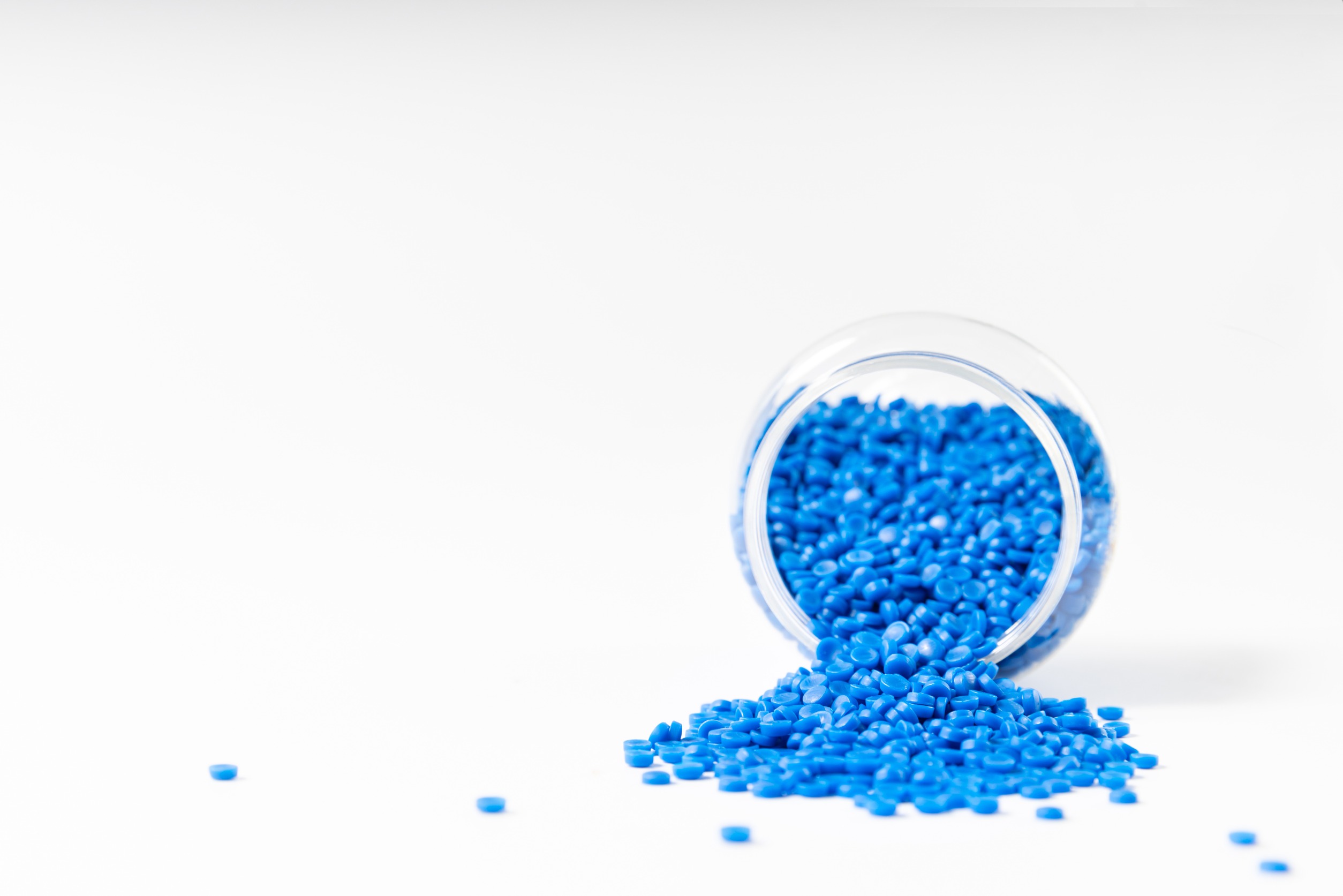Polymers improve efficiency, performance, and safety in various applications, from everyday products to complex industrial processes. They can be natural, like proteins and cellulose, or synthetic, like plastics and rubber. Their molecular structure allows them to adapt to meet specific requirements in different environments, giving them versatility.
Here are the top applications of polymers and how they address specific needs.
Adhesives and Coatings
Polymers like epoxy and polyurethane provide excellent adhesive properties and resist environmental factors, making them popular in adhesives. These adhesives are important in industries such as automotive and construction, where durability and strength are key.
Coatings, conversely, use polymers like acrylics and fluoropolymers to provide protective layers on surfaces. Industries like aerospace and electronics rely on these coatings to protect against corrosion and improve the durability of components.
Water Treatment and Environmental Applications
In municipal sewage systems, polymers are used in flocculation and coagulation processes to remove contaminants and improve water quality. Coagulants and flocculants like polyacrylamides help settle solids in wastewater treatment plants, providing cleaner effluent.
Polymers help manage sediments and pollutants efficiently in dredging and land reclamation. Hydraulic backfill applications use polymer-based materials to stabilize and fill excavated areas, contributing to more effective land use and reclamation.
Mining and Metallurgy
In aluminum smelting and iron ore mining, industries apply polymers for processes like aluminum anodization and coagulant aids. These applications help improve the efficiency of metal extraction and processing.
In coal washeries, polymers act as flotation aids and coagulants, improving the separation of coal from impurities. Similarly, cyanidation processes use polymers to improve gold extraction efficiency by stabilizing cyanide solutions and minimizing environmental impact.
Food and Beverage Industry
Polymers maintain high product safety and quality standards in thefood processingand brewing industry. They are used in filtration systems as filter aids to remove impurities from food and beverages. By contributing to packaging materials, polymers help keep products fresh and uncontaminated.
The dairy and milk industry uses polymer-based materials for packaging and processing, extending dairy products’ shelf life and safety. Similarly, the potato industry relies on polymer materials for processing and packaging, maintaining product quality from farm to table.
Textiles and Leather
Synthetic fibers, such as nylon and polyester, are polymer-based materials used to manufacture durable and versatile fabrics. Their strength and adaptability make these textiles ideal for clothing, upholstery, and industrial applications.
In the tannery industry, polymers are employed in the leather processing stage to improve the quality and durability of leather products. Polymer-based treatments increase the flexibility and resistance of leather, making it suitable for a wide range of applications.
Pharmaceuticals and Healthcare
The pharmaceutical industry utilizes polymers in drug delivery systems and medical devices. Polymers that create controlled-release formulations and biodegradable materials benefit medical implants, providing effective and safe treatment options.
Need the right polymer solution? AtQemi International, Inc., we offer a range of water-soluble polymers, including polyacrylamide-based flocculants and coagulants in emulsion, dry, and liquid forms. Our products suit applications like clarification, thickening, and filtration. Reach out to us onLinkedInorcontact ustoday!

